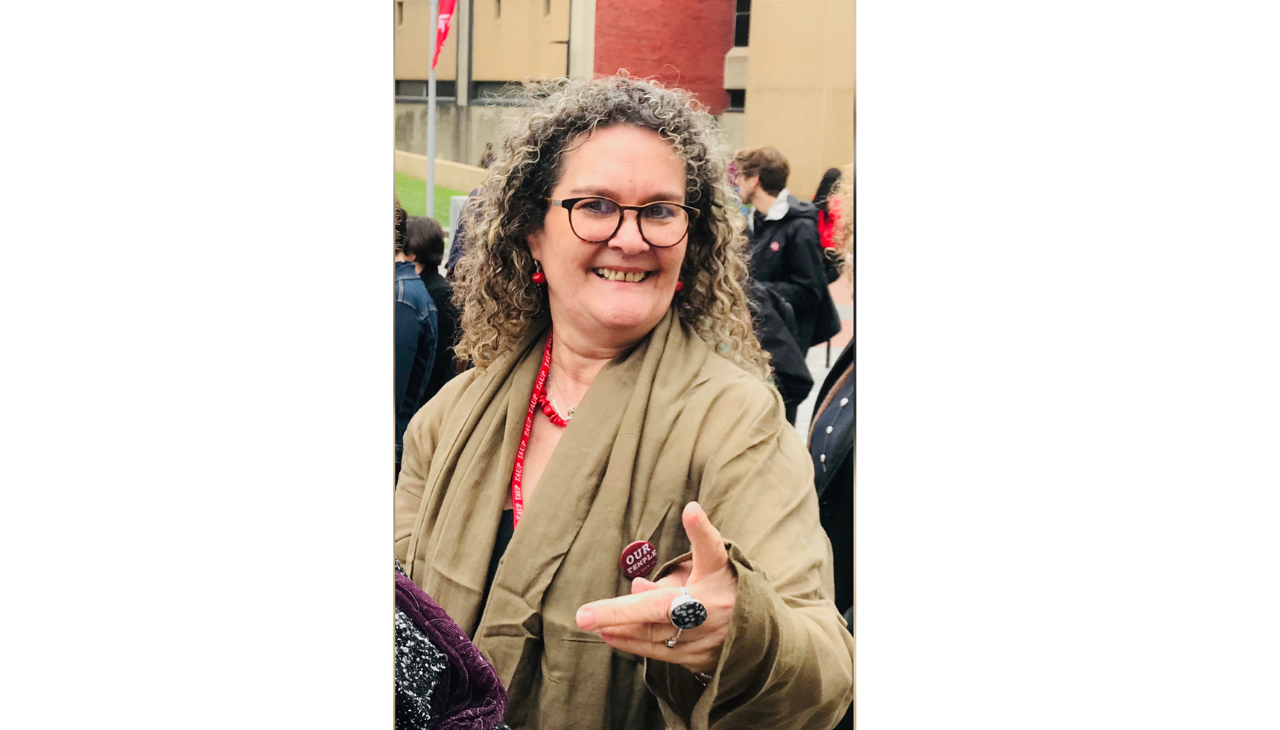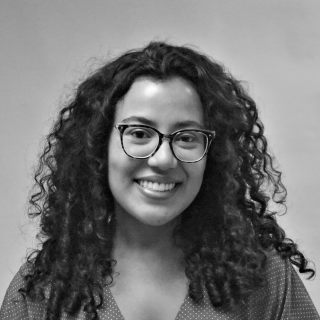
Poetry for the next generation Latina
Norma Corrales-Martin is one of the people in charge of the International Poetry Festival in Philadelphia.
Norma Corrales-Martin has been a professor of instruction in Spanish and Portuguese at Temple University for 18 years. Parallely, she has also been a poet for quite a longer period of time: since she wrote her first poem at the age of eight, in Colombia. She remembers thinking of it as a great way of expressing herself.
Fast forward a couple of years, she is also a published author. She recently had her “baby project”, ¡Qué viva la música!, published by Temple University Press. The book is a research on how to teach Spanish grammar in a way students can best understand: through music.
A woman that can’t be labeled with only one occupation, Corrales-Martin is also one of the people responsible for bringing the International Poetry Festival to Philadelphia, almost 10 years ago. In April, the city welcomed the ninth edition of the celebration, filled with good poetry, food and stories.
In 2014, the poet Roger Santiváñez and Corrales-Martin were invited to participate in the first edition of the festival in Philadelphia. It began as a small event that has only grown throughout the years.
Initially being held in English, the festival in the City of Brotherly Love slowly became more Hispanic. The audience became mostly Latina; even though most of the people understood both languages. Corrales-Martin thinks it's beneficial not only for the Hispanic community in Philadelphia to experience events like this, but also the entire city.
“I think it is important to show this side of our culture to the city of Philadelphia, and that people see that we [Latinos] have this tradition of poetry,” she added.
Previously to adding a more institutional environment to the festival — by joining forces with Accion Colombia and Free Library of Philadelphia — Corrales-Martin opened the doors of her own house in South Philadelphia twice for the festival.
“I love it because it’s an intimate environment,” she said. “What I love the most was that my house was full of poetry after. I felt like dancing in my house.”
Because of the pandemic, the festival was virtual for two editions. In 2022, back in person, Corrales-Martin couldn’t stop noticing the amount of new attendees the event had. She wasn’t expecting that amount of people being interested in poetry in Philadelphia.
RELATED CONTENT
“It has been really nice to see all these people enthusiastic about poetry and all these young people thinking about writing poetry,” she added.
For the past two years, the festival has been held at the restaurant Alma del Mar; which Corrales-Martin loves as people can enjoy good food and good poetry with families, friends and members of the community.
INSPIRATION FOR THE YOUNGER GENERATIONS
Corrales-Martin enjoys organizing the festival in Philadelphia because she thinks it’s something of value, which can promote culture awareness among the younger people in the community. She explained that the organizers invite recurring poets annually; but in a "word of mouth” kind of invitation as they try to find new ones every year. The artists don’t need to be necessarily published, but have to be committed to poetry. They’ve had poetry readers from all Latin America countries over the years.
Excited to see the growing interest of Philadelphians for poetry, Corrales-Martin wants to help especially the next generation of poetry writers who might not know how to begin. For three editions now, the festival has been doing workshops — as a part of its one month long celebration of the art — where young people can learn how to find themselves in the poetry world.
“I want people to see that poetry is not something far away from them,” Corrales-Martin said. “It’s something that people can do everyday”
Usually at the end of the reading, there is an open mic for new and inspired poets to share their work. It’s a way for people to get excited about poetry, so they can start feeling confident.
In future editions, Corrales-Martin hopes to see the city of Philadelphia helping promote these types of Hispanic cultural events. She believes it’s important for the younger Latino generations to see them being done in Spanish. The festival, for example, shows them that there is a writing and reading poetry tradition in Latin America that they can explore because it’s in their culture.
“I think that we, Latino people, are really poetic and romantic in a way,” she said while laughing.











LEAVE A COMMENT: